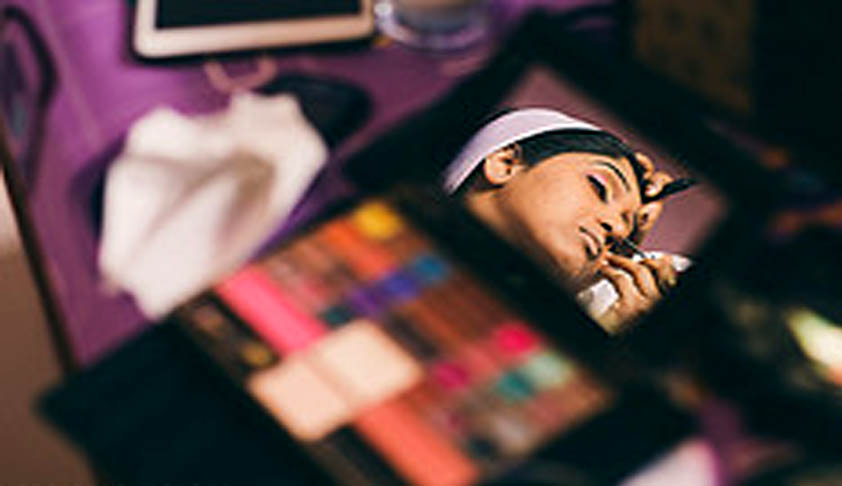- Home
- /
- Top Stories
- /
- We are not in 1935, women can be...
We are not in 1935, women can be makeup artists, says Supreme Court
Gaurav Pathak
4 Nov 2014 8:31 PM IST
“You better delete this clause on your own. Remove this immediately. We are in 2014, not in 1935. Such things cannot continue even for a day,”, this is what the Supreme Court had to say to Cine Costume Make-up Artists and Hair Dressers Association (CCMAA).The petition in this regard was filed by Charu Khurana and other women make-up artists, who had qualifications from Cinema Make-up...
Next Story



